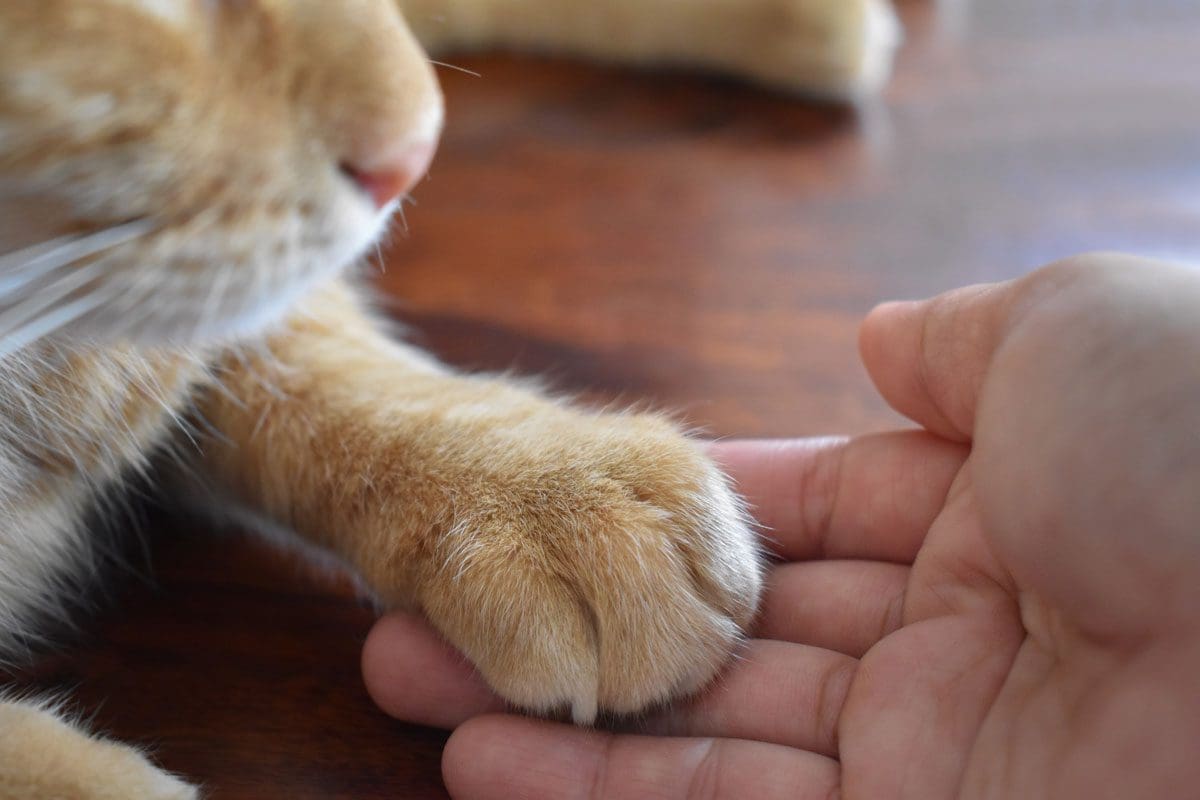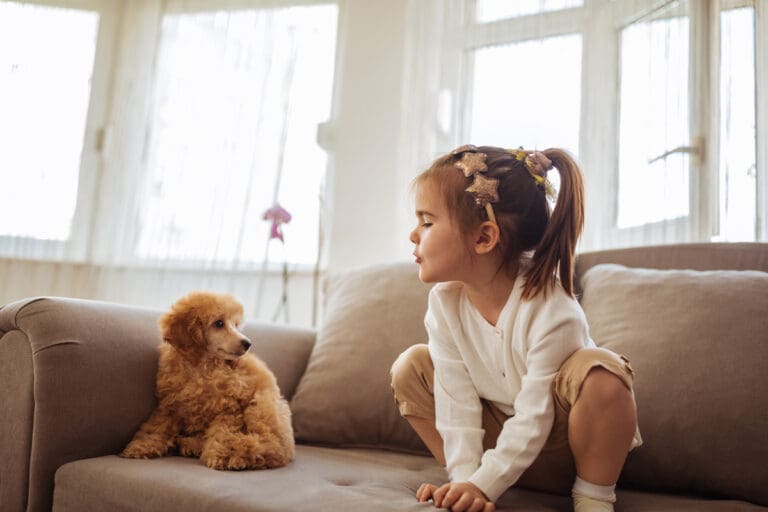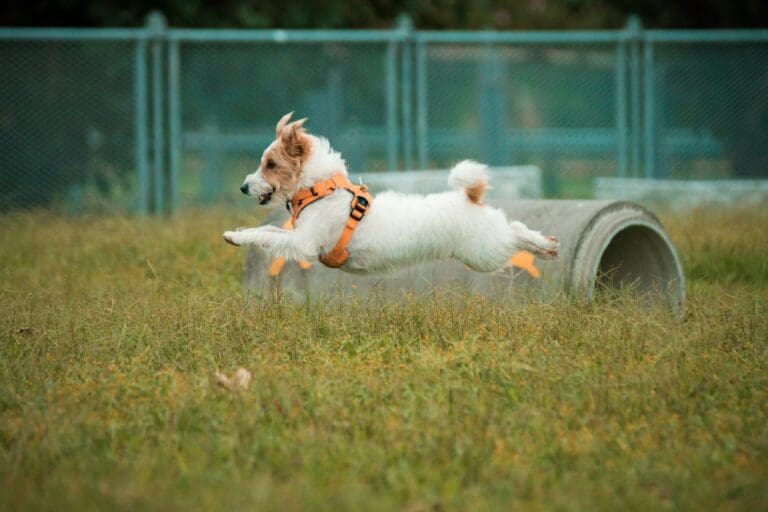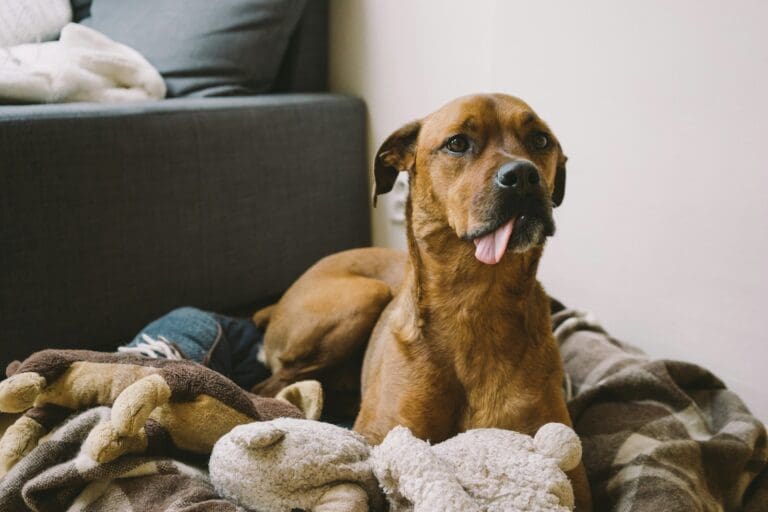When it comes to welcoming a new feline friend into your home, older cats often bring a unique charm and undeniable appeal. While kittens steal hearts with their playful antics, older cats have a special magic of their own. The advantages of adopting an older cat are numerous, as you’ll see. Even if you are still thinking through how to choose a cat breed, most information out there focused on kittens still applies to older cats. Most importantly, you’ll want to be prepared to build trust with your new feline, whether or not they are kittens or grown adult cats.
If you’re considering adding a cat to your family, here are some compelling reasons why adopting an older cat can be a rewarding and heartwarming experience, as well as offer many advantages over choosing a kitten.
1. Established Personalities
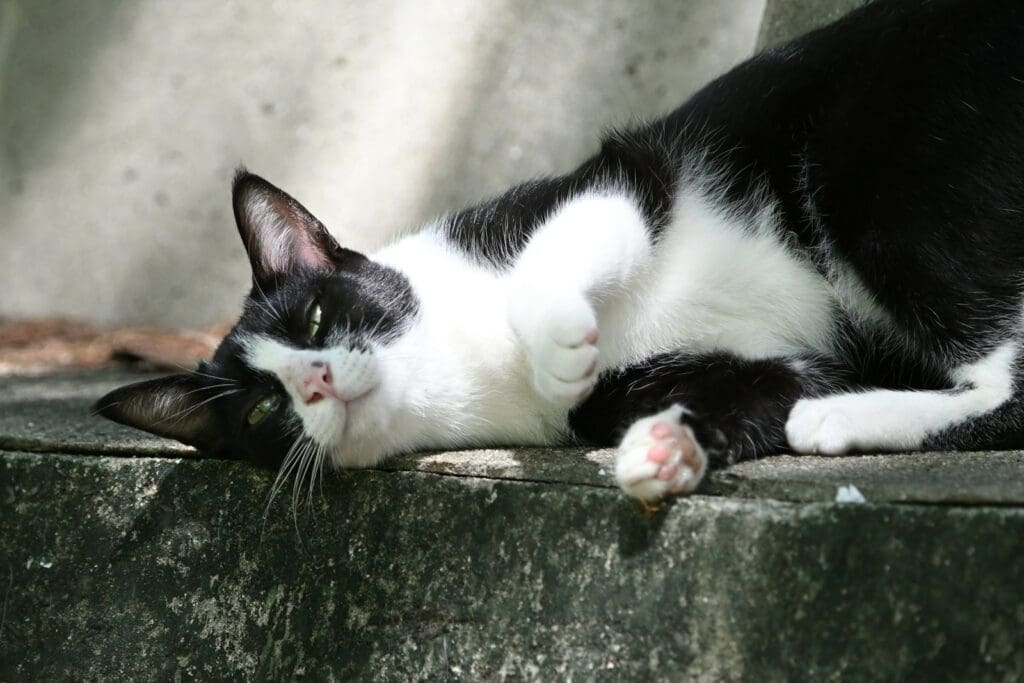
One of the standout benefits of adopting an older cat is that their personalities are already well-formed. Unlike kittens whose traits might evolve as they grow, older cats come with their unique quirks, preferences, and characteristics.
This means you can get to know the temperament of a mature cat from the start. And it will be easier to determine if it will be a good match for your lifestyle and household.
2. Lower Energy Levels
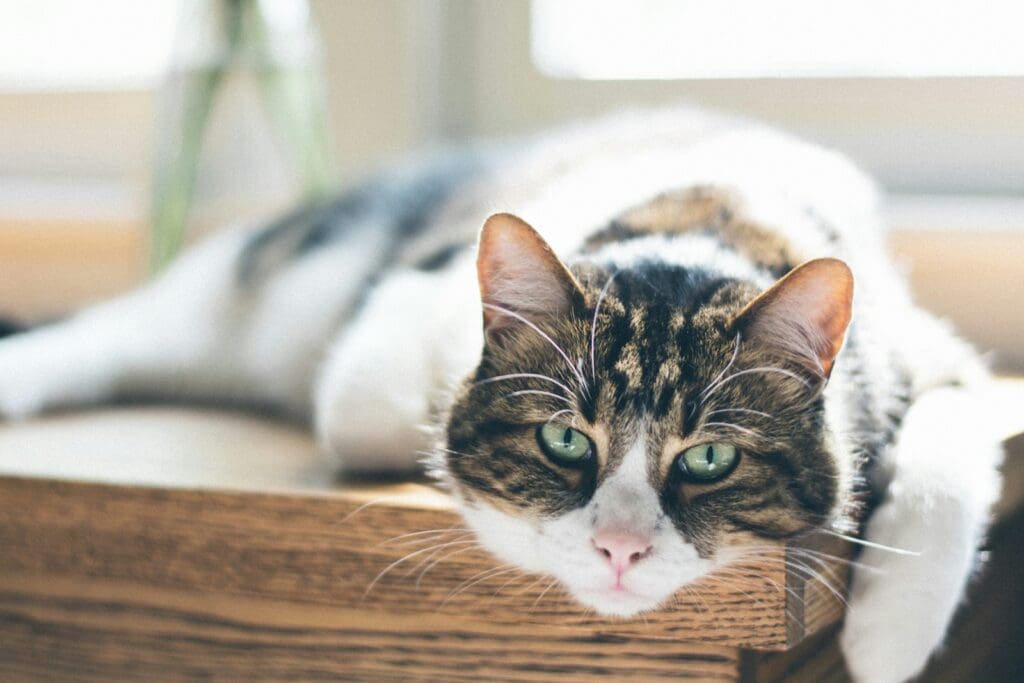
Older cats tend to be more laid-back and have lower energy levels compared to their younger counterparts. This makes them an ideal choice for individuals or families who are looking for a calmer and more relaxed companion.
If you prefer cozy cuddles, quiet companionship, and a pet that’s content to enjoy leisurely moments, an older cat might be the perfect fit.
3. No “Kitten Phase”
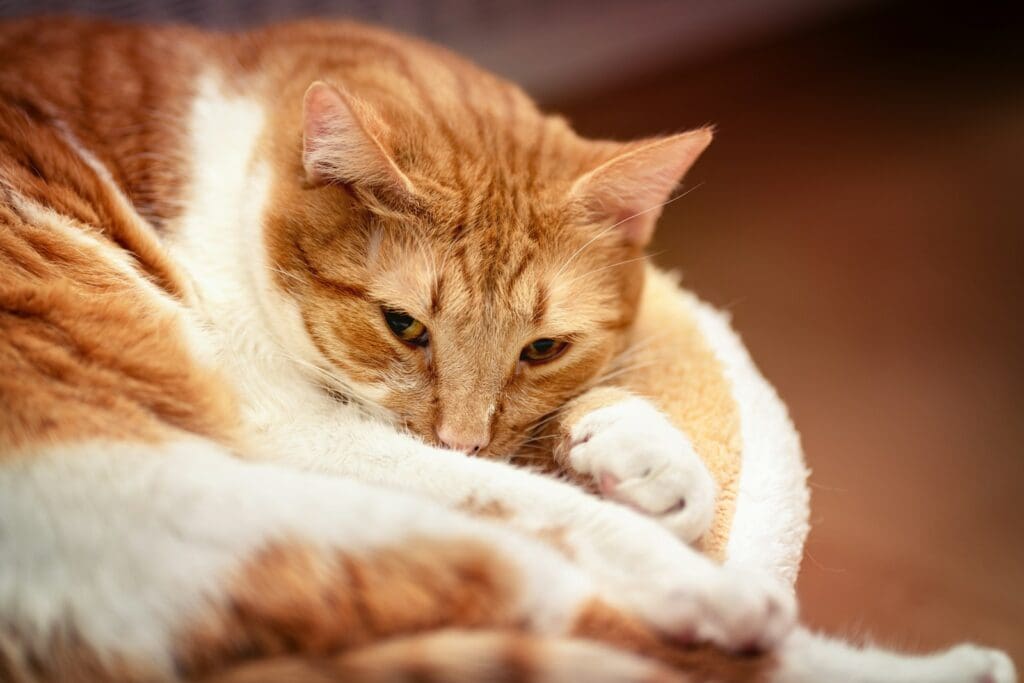
While kittens are undeniably adorable, they also require a lot of time, patience, and effort during their “kitten phase.” This is the stage where you have to keep a constant watch to prevent or limit damage to furniture and household objects. You’ll also need to prevent incidents that could lead to the kitten being injured.
Older cats, on the other hand, have already outgrown this stage and are often more settled and well-behaved. This means you can skip the challenges of litter training, teething, and constant playtime, and instead enjoy the companionship of a cat who’s past those early hurdles.
4. Easier Transitions
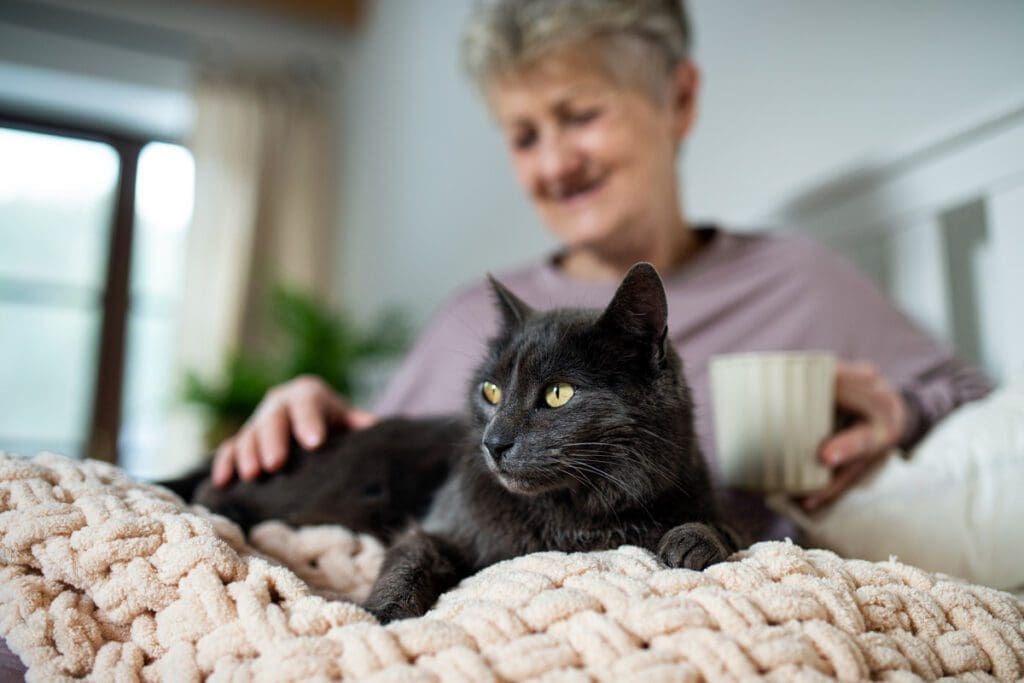
Older cats tend to adjust to new environments more quickly and smoothly than kittens. Not only do kittens have to adjust to the environment, but also potentially other members of your family, young children, and other pets.
A cat that has reached maturity often comes with a wealth of life experience, which makes adapting to a new home less stressful for them. This can lead to a smoother transition for both you and your new feline companion. It will allow you to focus on building a strong bond and a happy life together.
5. Independent
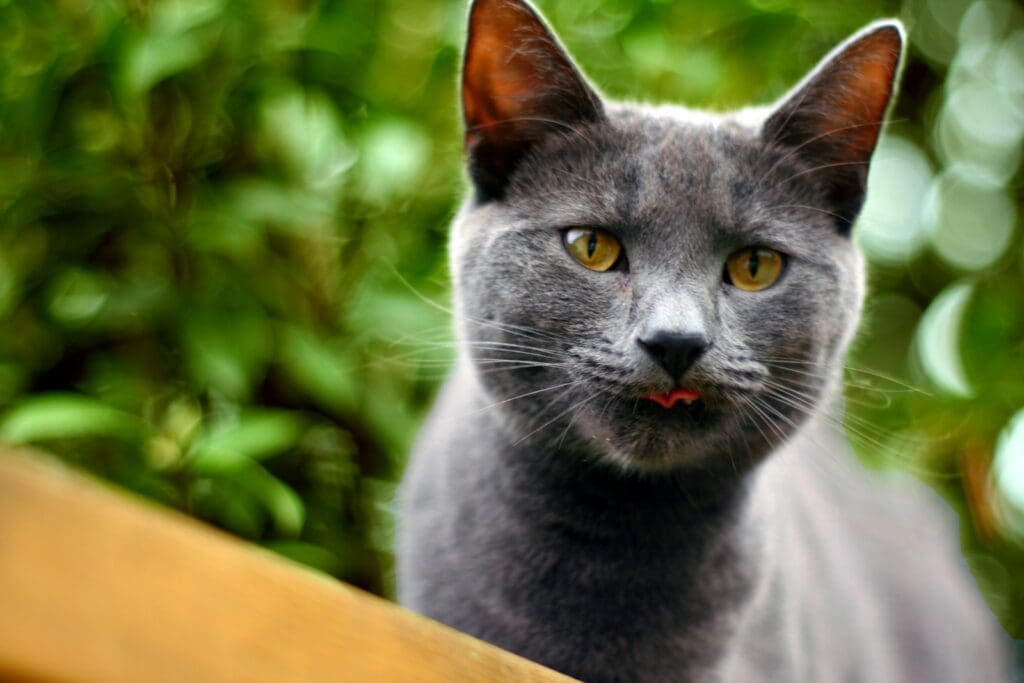
Older cats often come with a built-in sense of independence that can be a great match for busy individuals or families. Unlike kittens who demand constant supervision and playtime, older cats are content to spend time on their own and entertain themselves.
A mature cat is more likely to be self-sufficient, which means you won’t have to worry about providing around-the-clock care or constant stimulation. This makes them an excellent choice for people with busy schedules or those who appreciate a pet that can hold their own when you’re not at home.
6. Laidback
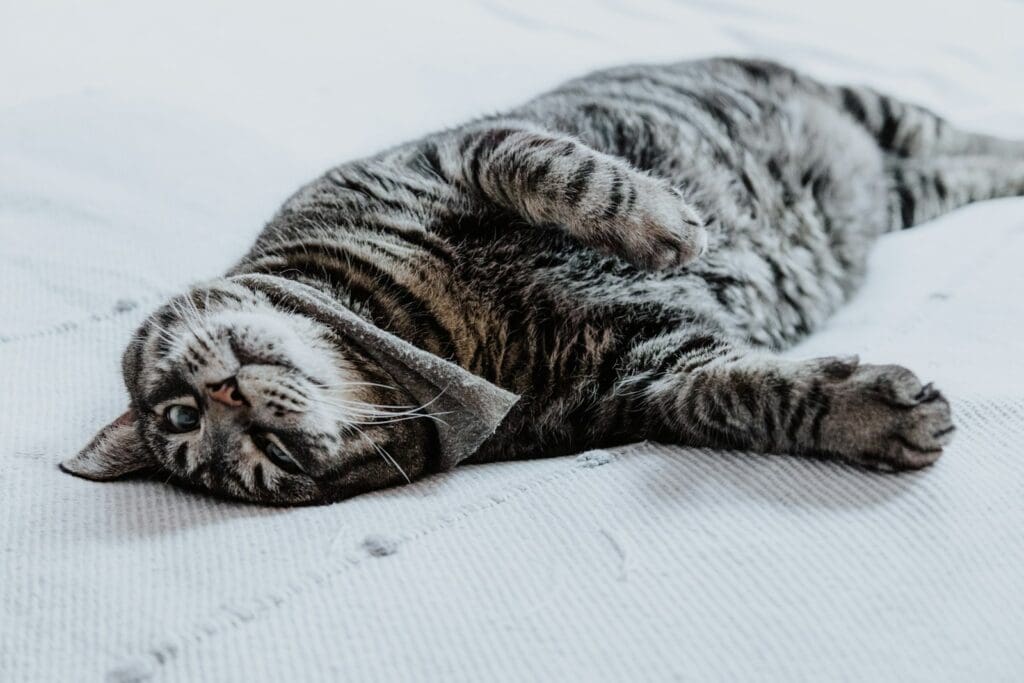
Older cats have already gone through their rambunctious stages and have settled into their personalities. This often translates into cats that are more laid-back, affectionate, and comfortable with human interaction.
Mature felines are more likely to enjoy relaxing in your company, cuddling up on the couch, and being a soothing presence in your life. The predictability of their behavior can also make it easier to form a strong bond and build a trusting relationship from the start.
7. Fewer Litter Box Mishaps
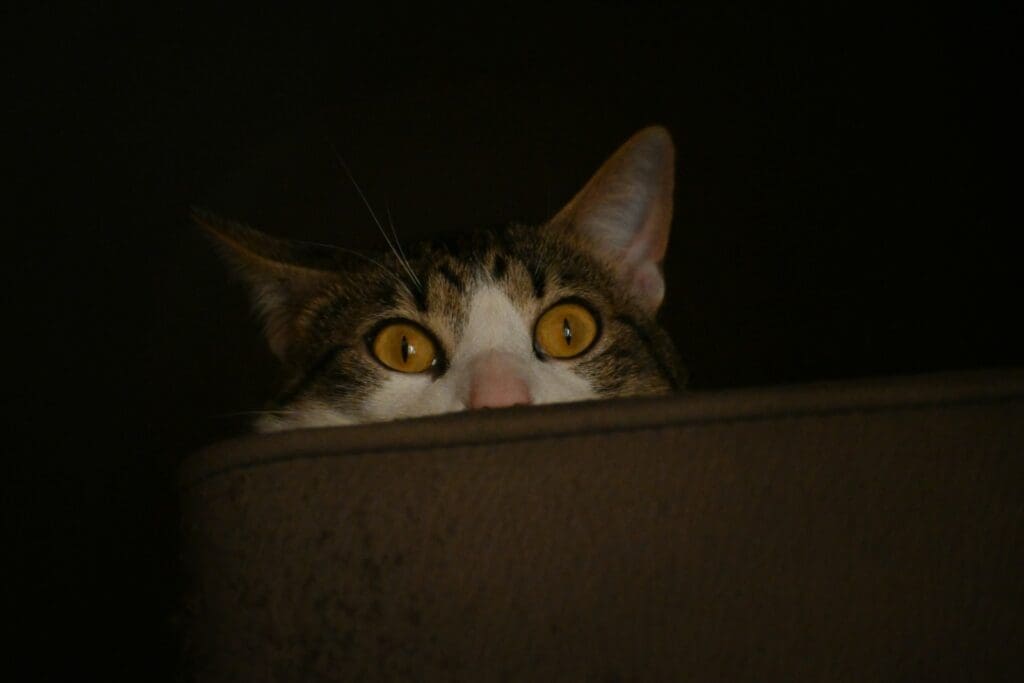
One of the notable advantages of adopting an older cat is that it usually already has a solid foundation of training. Most older cats have already been litter trained, which means you won’t have to go through the process of teaching them where to do their business.
Cats that are already well-trained can be a huge relief for new cat owners, as litter box training can be a challenge with kittens. With an older cat, you can focus on creating a comfortable and safe environment without worrying about accidents or setbacks.
8. They Need a Home
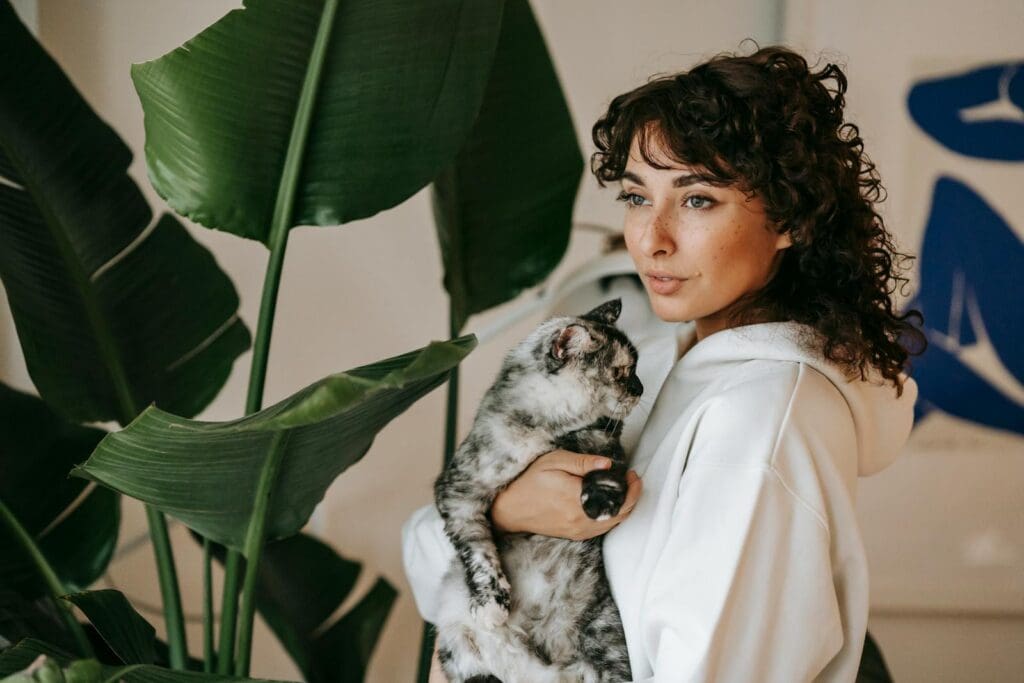
Older cats often find themselves overlooked in shelters in favor of cute kittens. This means that many of these wonderful cats need loving homes where they can spend their golden years in comfort and happiness.
Choosing to adopt an older cat not only provides them with a warm and caring home but also helps alleviate the burden on shelters that are often stretched for resources. By giving a mature cat a chance, you’re making a meaningful difference in its life while experiencing the immeasurable joy of welcoming a grateful and loving feline friend into your home.
Read More: 10 Reasons Cats Are The Best Pets (Sorry, Dog Lovers)
Possible Cons
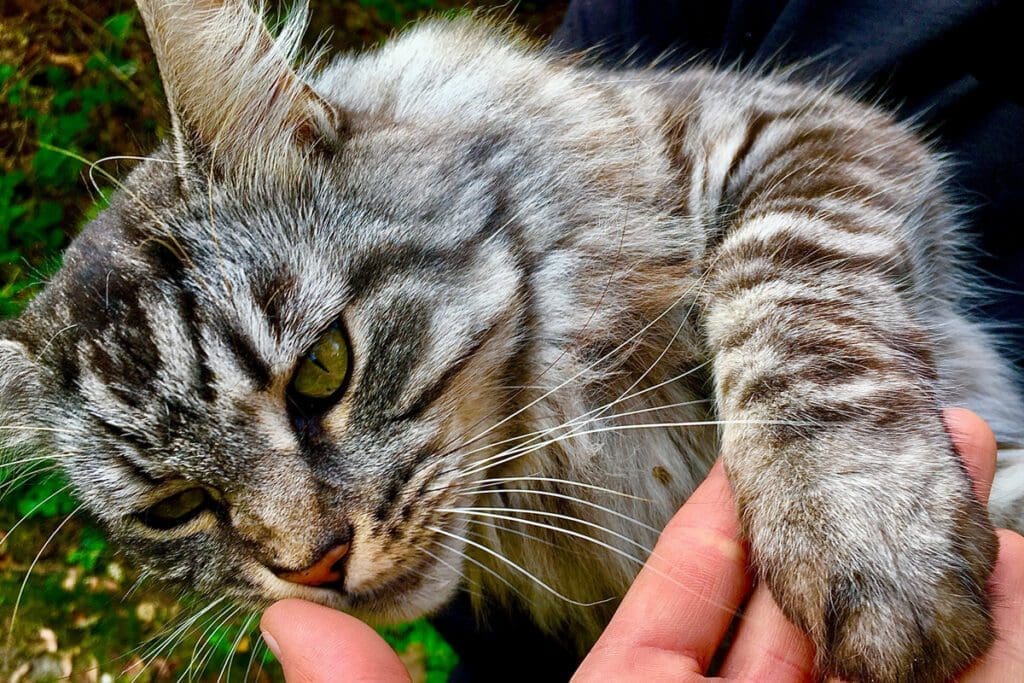
Adopting an older cat comes with its share of considerations, including potential downsides. Make an informed decision by carefully evaluating your preferences, lifestyle, and willingness to provide the care an older cat may need.
But keep in mind that these potential challenges are often outweighed by the immense rewards of providing a loving and caring home to a feline friend who has so much to offer in terms of fulfilling and heartwarming companionship.
1. Energy Levels
One potential downside of adopting an older cat is that their energy levels might be lower compared to kittens or younger cats. While this can be a positive aspect for those seeking a calmer companion, it’s important to remember that older cats might not be as playful or active as their younger counterparts.
The bottom line is: If you’re looking for a cat that enjoys interactive play or has a more adventurous spirit, an older cat might not be the best match for you.
2. Health Concerns
Older cats might have a higher likelihood of health concerns or medical issues due to their age. While many older cats are healthy and vibrant, it’s essential to consider the potential for age-related ailments such as arthritis, dental issues, or chronic conditions.
Regular veterinary care is crucial for monitoring their health and catching any issues early on. Remember, all cats need veterinary care throughout their lifetime. While this potential downside requires extra care and attention, the rewarding companionship of an older cat often outweighs the challenges.
3. Set in Their Ways
Just like people, older cats can develop habits and preferences over the years. This can mean that some older cats might be set in their ways and less adaptable to changes in their environment.
Older cats might take longer to adjust to new surroundings or routines compared to kittens. While this trait is not true for all older cats, it’s important to approach their adjustment with patience and understanding, giving them whatever amount of time they require to feel comfortable in their new home.
Read More: 10 Biggest Mistakes Cat Owners Make
Final Thoughts
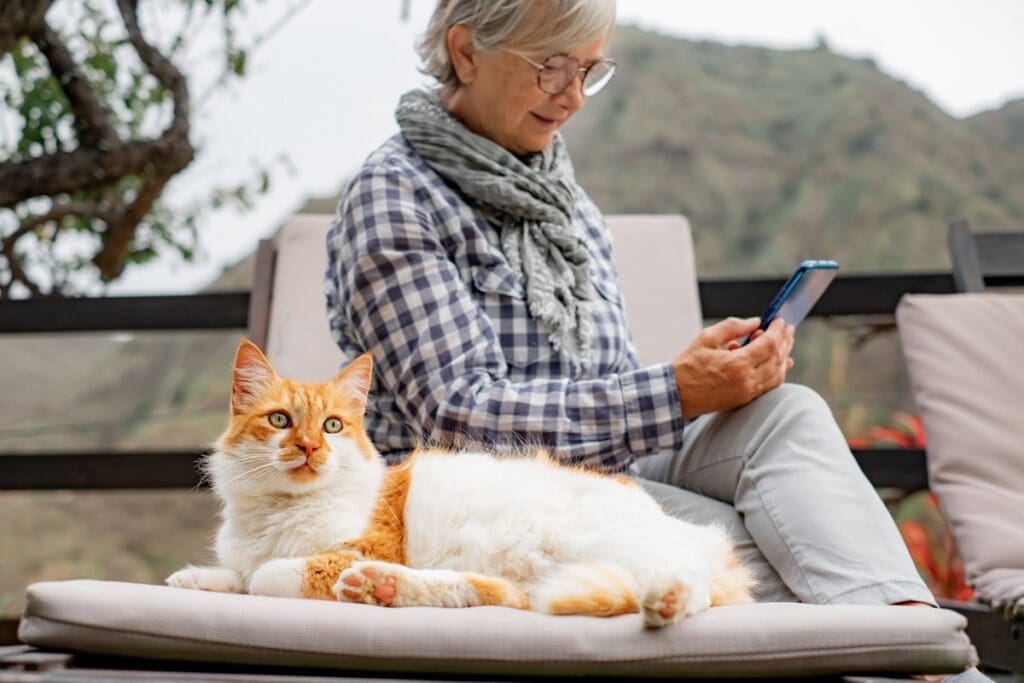
Adopting an older cat is a decision that comes with its own set of joys and rewards. These cats bring their unique personalities, a sense of calm companionship, and a heart full of gratitude for a second chance at a loving home. By opening your heart and home to an older cat, you’re not just adopting a pet – you’re offering a warm embrace to a feline friend who has so much to give.
The Key Benefits of Adopting an Older Cat Include
- More independent, require less attention and supervision.
- Less mess and good litter box habits.
- Need less activity and want to snuggle more.
- Avoiding the often destructive “kitten phase.”
- More tolerant of other pets and young children.
- More likely to get along with cats already in your home.
- Less expensive (or free) to adopt.
The adoption of an older cat can also mean providing a second chance at a loving home for a deserving animal. Many older cats end up in shelters through no fault of their own. Sometimes due to changes in their owners’ circumstances, the death of the owner, or simply because people often gravitate toward adopting kittens. By choosing to adopt an older cat, you’re giving them a new lease on life. Plus you’ll be providing them with a warm and comfortable place to call home.
Are you ready to embark on a journey with a cat who’s wise, loving, and ready to share its golden years with you? Consider adopting an older cat and discovering the beauty of a maturity in all its glory.
Read More: 10 Things to Know Before You Foster a Cat

